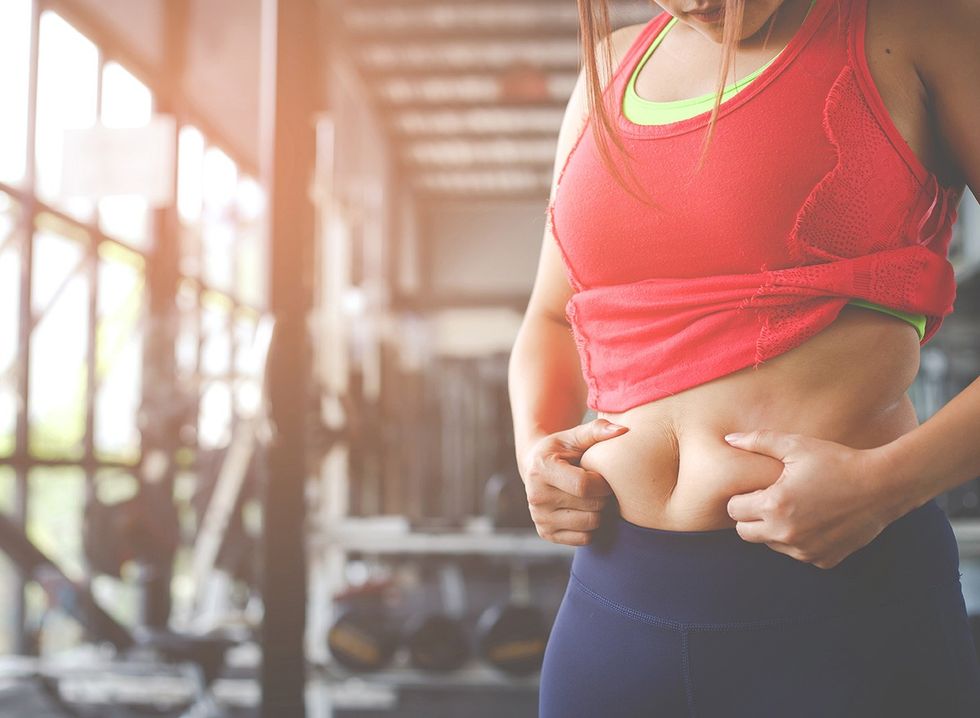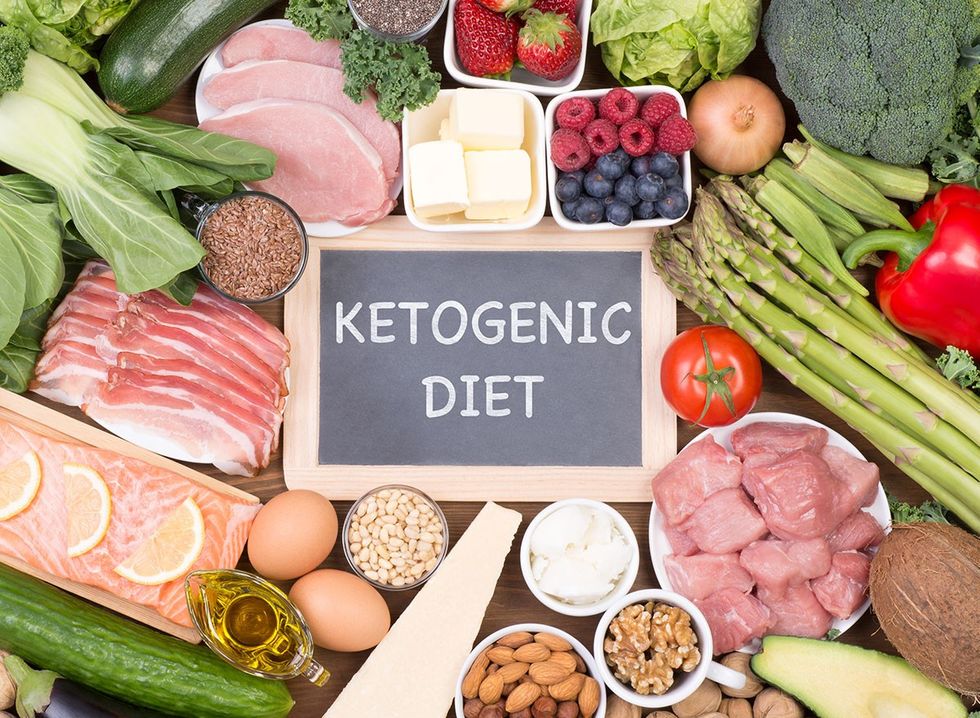Do you feel exhausted after meals but don't know why? Your body might be sending warning signals about your carbohydrate intake that you're missing. Most people consume excessive carbs for years without realizing the damage until serious health problems develop. Dr. Ken Berry, a Board Certified Family Physician with over 20 years of experience, helps patients identify these hidden signs before they lead to major health complications. In this article, he reveals five clear indicators that your carbohydrate consumption exceeds your body's tolerance level. Discover these warning signs to protect yourself from potentially serious health consequences.
The Silent Dangers of Excessive Carbohydrates
Consuming too many carbohydrates can lead to numerous long-term health complications, according to Dr. Berry. "Too many carbohydrates can lead to all kinds of terrible long-term complications, things like high blood pressure, type 2 diabetes, obesity, blindness, kidney failure, chronic inappropriate inflammation," says Dr. Berry, stressing that most people don't want these conditions but may be unknowingly heading toward them.
RELATED: 8 High-Protein Foods with Nearly Zero Calories That Melt Fat
Hidden Sign #1: Post-Meal Fatigue
 Shutterstock
ShutterstockThe first hidden sign that you're eating too many carbohydrates is feeling abnormally tired after meals. "After you eat a high carbohydrate meal, if you feel sleepy, if you have to take a nap, if you feel sluggish," explains Dr. Berry, this is your body signaling that your carbohydrate intake is excessive. While many people assume post-meal drowsiness is normal, it's actually an important warning sign.
Hidden Sign #2: Mental Fog and Blurry Vision
 Shutterstock
ShutterstockAnother revealing indicator comes in the form of cognitive symptoms. Dr. Berry notes that if you experience "mentally foggy, have trouble thinking, or even have a little bit of blurry vision" after consuming carbohydrates, these symptoms aren't coincidental. They're direct responses from your body indicating carbohydrate intolerance that many people overlook or attribute to other causes.
Hidden Sign #3: Elevated Blood Sugar Readings
 Understand How Cortisol Affects Your BodyShutterstock
Understand How Cortisol Affects Your BodyShutterstockFor a more objective measurement, Dr. Berry recommends checking your blood glucose levels. "Check your blood sugar one hour and two hours after you eat a meal. If that blood sugar reading is ever above 140, then you, my friend, ate too many carbohydrates in that meal," states Dr. Berry. This hidden sign requires testing but provides concrete evidence of how your body handles carbohydrates.
Hidden Sign #4: Abnormal Lab Results
 Shutterstock
ShutterstockThe most definitive hidden signs come through specific lab tests that many patients don't think to request. Dr. Berry advises asking your doctor for three key tests: "hemoglobin A1c, fasting insulin level, and C-peptide level." These clinical measurements reveal carbohydrate intolerance even before obvious symptoms appear. "If any one of these three tests is even one-tenth of a point above what the lab sheet says the normal range is, then you are without doubt eating too many carbohydrates for your personal physiology," Dr. Berry warns.
RELATED: I Got My Best Body After 50 and Here’s How You Can, Too
Hidden Sign #5: Age and Weight-Related Carbohydrate Sensitivity
 What Happens to Your Body When You Stop Eating While DistractedShutterstock
What Happens to Your Body When You Stop Eating While DistractedShutterstockThe final hidden sign involves recognizing your personal carbohydrate tolerance based on your individual factors. "Usually, younger, slimmer people can tolerate more carbohydrates," Dr. Berry explains, but this tolerance changes over time and with body composition. Many people continue eating the same carbohydrate levels throughout their lives without realizing their tolerance has decreased, creating a hidden path to health complications.
Taking Action When You Spot These Signs

Identifying these five hidden signs is crucial because excessive carbohydrate consumption can have serious health implications. Dr. Berry offers hope through dietary adjustments: "I've got lots of other videos on this channel you can check out to explain not only what the complications are, but how you can actually prevent them or reverse them by eating a lower carbohydrate diet."













 Shutterstock
Shutterstock
 Shutterstock
Shutterstock Shutterstock
Shutterstock Shutterstock
Shutterstock Shutterstock
Shutterstock
 Shutterstock
Shutterstock Shutterstock
Shutterstock
 Shutterstock
Shutterstock Shutterstock
Shutterstock Shutterstock
Shutterstock


 Shutterstock
Shutterstock Shutterstock
Shutterstock Shutterstock
Shutterstock Shutterstock
Shutterstock



 Shutterstock
Shutterstock What To Do InsteadShutterstock
What To Do InsteadShutterstock Progress to Full Push-upsShutterstock
Progress to Full Push-upsShutterstock Shutterstock
Shutterstock Regular ExerciseShutterstock
Regular ExerciseShutterstock Shutterstock
Shutterstock Shutterstock
Shutterstock Breaking Free from Food ObsessionShutterstock
Breaking Free from Food ObsessionShutterstock Top 5 Clean Carbs for Your BodyShutterstock
Top 5 Clean Carbs for Your BodyShutterstock Hopping “On and Off” the WagonShutterstock
Hopping “On and Off” the WagonShutterstock Shutterstock
Shutterstock Shutterstock
Shutterstock Stress Leads to Belly FatShutterstock
Stress Leads to Belly FatShutterstock Shutterstock
Shutterstock HydrateShutterstock
HydrateShutterstock

 I'm a Nutritionist and These 9 High-Protein Snacks Keep My Clients Full While Losing 50 Pounds
I'm a Nutritionist and These 9 High-Protein Snacks Keep My Clients Full While Losing 50 Pounds